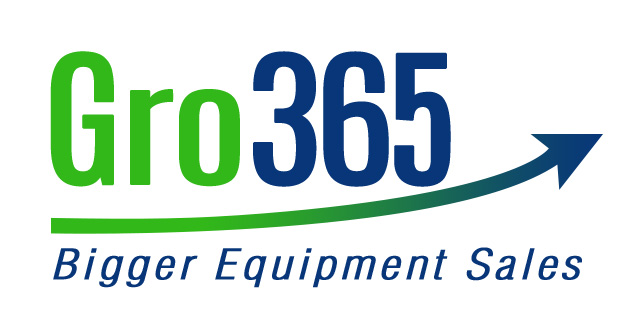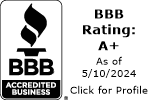 Maybe you’re like me. I know my sales territory (it’s North America), and the businesses that compete with me (all they do is lead generation) and the difference between what we do and they do is obvious. Problem is, to my target market the differences aren’t obvious at all. By and large, they see us as peas in a pod. Can you relate to any of this?
Maybe you’re like me. I know my sales territory (it’s North America), and the businesses that compete with me (all they do is lead generation) and the difference between what we do and they do is obvious. Problem is, to my target market the differences aren’t obvious at all. By and large, they see us as peas in a pod. Can you relate to any of this?
What we decided to do is differentiate ourselves from our competition and to claim the high ground, first. First is critical because once we claimed it, as long as we could substantiate our claim, no one else could effectively make the same claim. Another name for it is specialization.
To begin with, there were two things I knew about my target market:
- There were too many of them for me to sell them all. That’s another good reason to specialize because you can’t sell all of them either.
- The top 20% of my target market represented 80% of the potential sales revenue. If you do the math you’ll see that the average businesses in the top 20% were worth 16 times more in potential sales revenue than the average business in the remaining 80%. I was after quality, not quantity.
Another thing I knew was that money is often found where the glory ain’t. In my industry, about 20% of the equipment is replaced every 12 months. That meant about 1/5 would be replaced this year, 1/5 next year and so on. I also understood that if 1/5 are going to be replaced this year 4/5 would need to be maintained. And of critical importance, there was a lot more profit in maintaining equipment than there was in selling it.
I also knew that the average distributor in my industry had only about 50% wallet share. That opened the door to two possibilities. Where I work there are just two ways for equipment distributors to make money. They can sell more to their existing customers, and they can take customers away from their competition.
With average wallet share at only 50% that meant there was the possibility that my customers could increase customer revenue by 100%. That represented a huge opportunity to increase high-margin, high-profit sales revenue.
And because my clients’ competition also had 50% wallet share that meant that there was the possibility to pick up, or take away another 50% from the competition.
By helping my clients sell more to their existing customers those customers would remain customers longer. In insurance and finance, the technique is called Cross-Selling. It’s not only highly profitable, it also has the added benefit of improving customer retention. Cross-selling could also be used to convert new customers (sales transactions) into long-term loyal customers.
Without even realizing it I had also created a pre-conversion equipment strategy that my clients could use to take more customers away from their competition. By failing to provide the aftermarket products and services that the competition’s equipment customers needed they threw the door wide open for us to contact those customers and provide the aftermarket products and services they had to have.
And by taking advantage of that, my clients got a leg up on their competition by knowing when their competitions’ customers were in the market to replace or add new equipment.
Ultimately, here’s how we positioned ourselves. Grow365 is the leading provider of aftermarket growth services for equipment distributors in North America. Our ongoing research and work with high growth distributors is changing how they increase wallet share, improve customer retention, and sell more equipment. Our service includes everything a distributor needs to turn sales transactions into high-margin, long-term, loyal customers—from strategies through implementation.
That’s the high ground we claimed for ourselves. There’s plenty of opportunities to grow. Why don’t you give some serious thought to specializing yourselves?
- Specialize in a particular type of end user.
- In addition to equipment, parts, and service, take advantage of your industry knowledge. What are your customers and prospects biggest problems? Show them how to solve those problems. Specialize in that service and become a trusted partner.
- Follow our example, specialize in serving customers of a certain size. In our industry, the average customer in the top 20% also buys 16 times more equipment than the average customers in the bottom 80%.
Become more visible. Write articles in trade journals about your specialty. Book speaking engagements. Share your specialty with your customers. They’ll tell their friends and you’ll become even more visible.
If you’d like to know more about how we can help your distributorship grow revenues by increasing sales to your existing customers and taking customers away from your competition, we invite you to contact us here.

